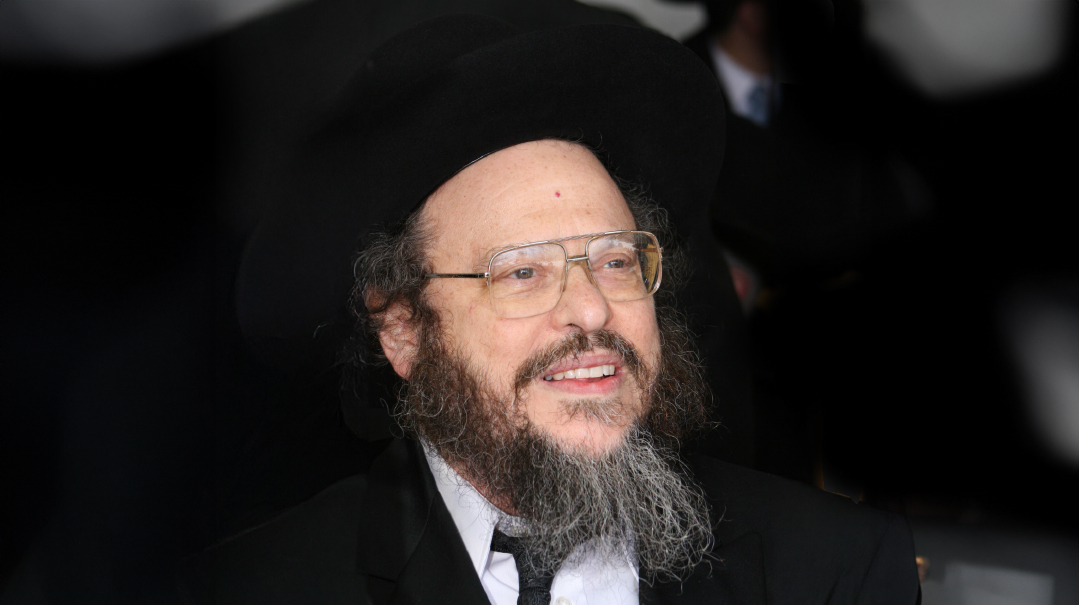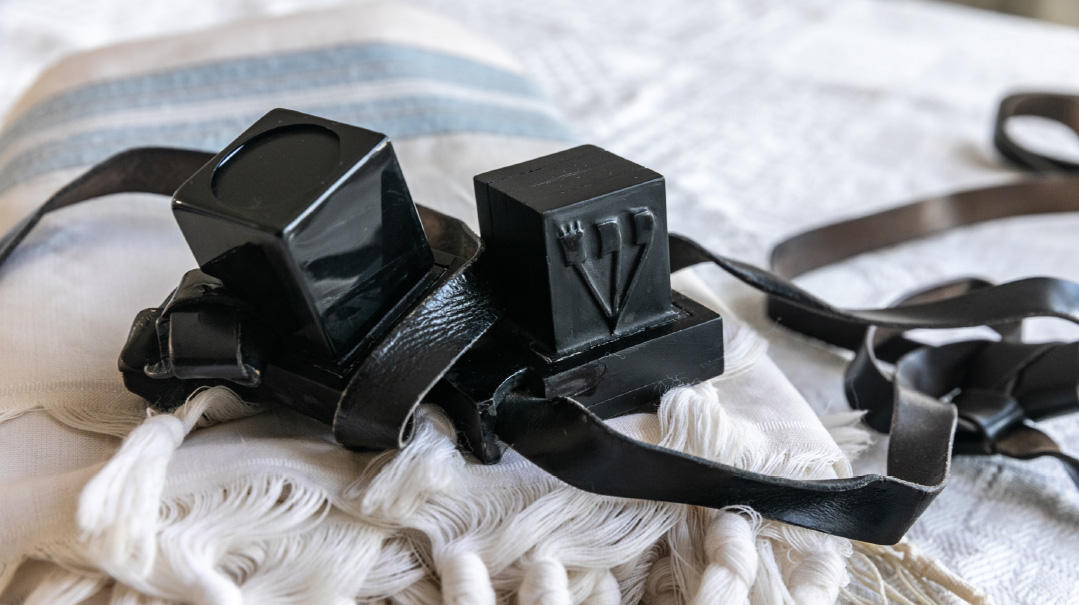What Life Is About
| October 8, 2024It summed everything up: Make yourself at home, and in the meantime, let’s learn Torah, because that’s what life is about

Photo: Mattis Goldberg
IT was all so sudden. I had just seen my former neighbor in shul on Shabbos, arguing with the rav about a point he had made in a shiur on Friday night. As usual, there was a small crowd of people listening as my neighbor and the rav engaged in a lively back and forth. Because this wasn’t any old neighbor — it was the Rosh Yeshivah of Yeshivas Talmidei Telshe in Riverdale, New York, Rav Avrohom Ausband.
We had the privilege of living next door to the Ausbands for our first two years in Riverdale. On Shivah Asar B’Tammuz, days after we moved in, there was a knock on our door. It was the Rosh Yeshivah, wearing his characteristic broad smile. He invited us to the break-fast meal, as if it were the most natural thing in the world. Of course, we went, and the Rosh Yeshivah spent well over an hour just getting to know us. We came from different backgrounds — I’m in kollel at Yeshiva University — but that made no difference.
The Rosh Yeshivah’s whole life was Torah — learning, teaching, living it — and he was uncompromising in his quest to understand everything in it. If you said something that might possibly be incorrect in the sugya, he wouldn’t let you go. But you knew he loved you. He would give you all the time in the world to make you feel comfortable and happy. And you could always count on a smile.
In our two years as neighbors, I didn’t see the Rosh Yeshivah much. He left for yeshivah early in the morning and returned home late at night. On rare occasions, we left our apartments at the same time in the morning. The Rosh Yeshivah would sometimes say birchos haTorah waiting for the elevator, and if it hadn’t been awkward and inappropriate, I would have recorded it. Every word was said with more intensity than I could muster on Yom Kippur. But somewhere in the short time until our paths diverged, he made sure to smile and say good morning.
Sometimes in our infrequent encounters, the Rosh Yeshivah would ask what I was learning. Of course, he knew whatever sugya I was in, inside and out. But remarkably, when I told him what issue I was grappling with in the Rishonim, he would think about it seriously. He wasn’t simply making small talk. If it was about Torah, then it was real, and the questions of someone less than half his age learning in a different yeshivah commanded all of his attention for the few seconds we shared the hallway. And then he would smile and enter his home.
The Ausbands treated us like family. Our kids had a standing invitation to peruse the children’s books or spend time with the rebbetzin. They didn’t take the opportunity very often, but when they did, they gained a lot more than a book and some candy.
Knowing how challenging it was to build a succah in an apartment building, the Ausbands offered every year to let us use theirs. Finally, one year, we took them up on their offer over Chol Hamoed. I would return from Shacharis after ten and eat breakfast alone in the Rosh Yeshivah’s succah.
He would come in a few minutes later, sit down with a sefer to learn while waiting for the rebbetzin to join him, and say simply, “Please, stay as long as you want. You’re invited for the seudah if you’d like.”
And then he went back to learning. It summed everything up: Make yourself at home, and in the meantime, let’s learn Torah, because that’s what life is about.
Rabbi Avi Levinson learns full-time in an advanced halachah kollel at Yeshiva University’s Rabbi Isaac Elchanan Theological Seminary and is the editor of numerous Torah publications.
(Originally featured in Mishpacha, Issue 1032)
Oops! We could not locate your form.






